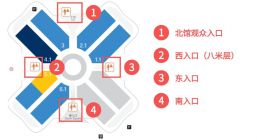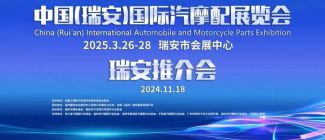Recently, Beijing Equity Exchange officially announced the progress of the capital increase of FAW Bestune Automobile Co., Ltd.: FAW Group joined hands with Jiangsu Yueda Automobile Group, ABC Financial Asset Investment Co., Ltd. (referred to as "ABC Asset"), China Telecom, and Nanjing Horizon Robotics Inc. (referred to as "Horizon") to jointly complete a strategic investment of 8.55 billion yuan. Among them, external capital investment reached 3.31 billion yuan, and FAW Group simultaneously added an additional 5.24 billion yuan, forming a diversified investment pattern of "industrial synergy + capital support + technological empowerment". This move is not only regarded as a new benchmark for the mixed - ownership reform of central state - owned enterprises, but also, as it occurs at a critical stage when the competition in the new - energy vehicle industry has entered the "second half", it has triggered in - depth thinking in the industry about the reshaping of the financing pattern. The scale of its funds far exceeds that of most struggling new - force car companies, reflecting that the flow of capital is shifting from "concept hype" to "value verification".
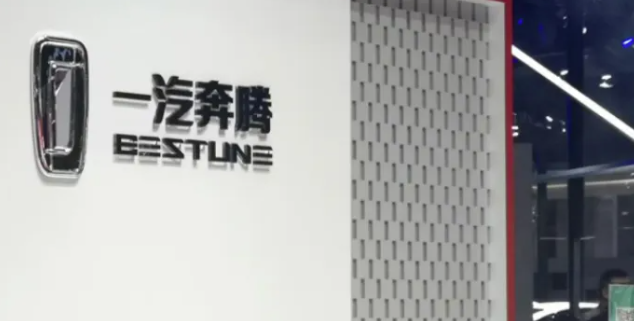
The differentiation in the new energy financing market has intensified: Brands of traditional automakers in the process of transformation have become a “safe haven” for capital.
In recent years, the financing market for new energy vehicles has shown a polarized situation of “ice and fire”: The financing channels for new - force automakers have continued to shrink, and some enterprises have fallen into a survival crisis. On the other hand, new energy brands under traditional automakers have frequently obtained large - scale financing, becoming the “darling” of the capital market, thanks to the advantages of “endorsement by state - owned assets + industrial chain collaboration”.
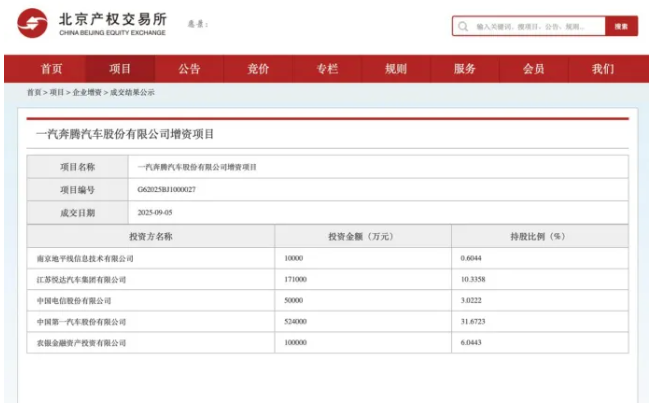
Taking the U.S. market as an example, new - force automakers such as Canoo and Nikola, once regarded as “stars of tomorrow”, have successively filed for bankruptcy protection due to the deteriorating financing environment and unclear profit models. This confirms the common dilemma faced by global new - force automakers: “peaking right after listing”. The domestic market is equally challenging. Since 2022, the reshuffle within the new - force camp has accelerated. Companies like HiPhi, Jiyue, and Hozon have exited the market due to financing difficulties. Among them, Jiyue Automobile, which once relied on Baidu's Apollo intelligent driving technology and Geely's SEA architecture, suffered from poor software - hardware collaboration and chaotic financial management. After Baidu withdrew its investment of 3 billion yuan, a capital gap of 7 billion yuan was exposed, and it suddenly disbanded in December 2024. At the beginning of 2025, Neta Automobile was caught in a whirlpool of lay - offs and salary cuts, and its Nanning plant could only maintain production with “financial transfusions” from local state - owned assets.
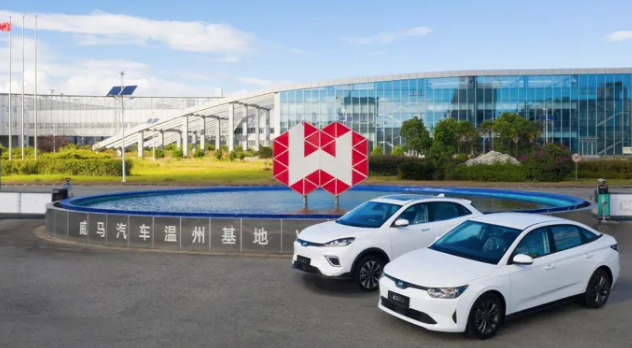
From the financing data, the “self - financing ability” of new - energy vehicle startups has been continuously weakening. Take NIO as an example. In March 2025, it raised HK$4.03 billion through a lightning placement on the Hong Kong Stock Exchange, but the issuance discount was as high as 9.5%, setting the highest discount record for large - scale additional share offerings this year. Behind this is the market's concern about its continuous losses. In contrast, during the financing boom in 2021, WM Motor set an industry record with a single - round financing of 10 billion yuan. However, now it has fallen into bankruptcy and reorganization due to insolvency, showing a sharp contrast.
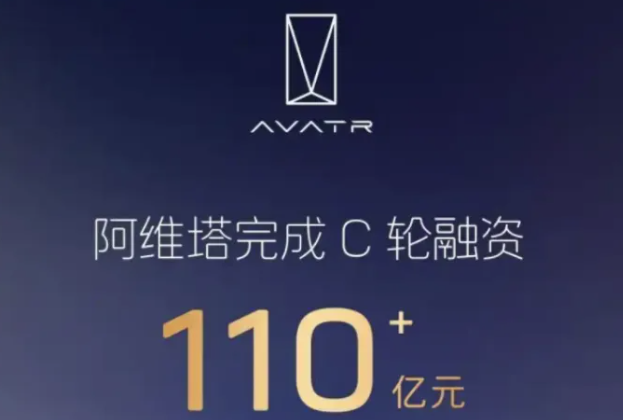
Digging deeper into the root causes, new players in the industry generally rely on the extensive model of "burning money to gain market share" but lack the moat of core technologies. The American new player Proterra focused on the high - end electric bus market, with its product prices ranging from $800,000 to $1 million. Due to insufficient market demand and unclear profit paths, it ultimately became a typical example of failed financing. The exit of Jiyue Auto in China, on the other hand, confirmed the shortcoming of "relying on external technologies but failing to integrate them" — without independently controllable core capabilities, it is ultimately difficult to gain the long - term trust of capital.
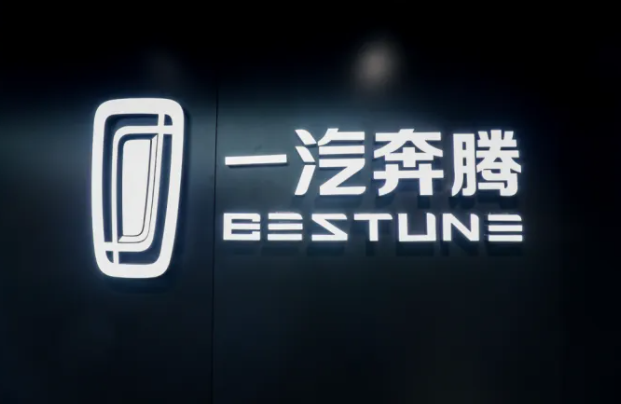
In sharp contrast to the cold winter of new car - making forces, the new - energy transformation brands under traditional automakers are becoming the focus of capital chasing. From the end of 2024 to the beginning of 2025, multiple large - scale financing cases emerged intensively: Avita completed a Series C financing of 11 billion yuan, with strategic investors such as Changan Automobile and CATL joining in. The funds are earmarked for R & D and overseas expansion; BAIC New Energy introduced 11 strategic investors including CATL and Pony.ai, and obtained a capital increase of 8.15 billion yuan, effectively relieving the pressure of continuous losses; IM Motors raised 9.4 billion yuan in Series B financing, with the focus on the R & D of intelligent chassis and steer - by - wire technology. The capital increase of 8.55 billion yuan for FAW Bestune is a continuation of this trend. This capital injection was led by FAW Group, jointly completed with Jiangsu Yueda, ABC Asset Management, China Telecom, and Horizon Robotics. The funds will be mainly used for the R & D of solid - state batteries and the implementation of intelligent driving technology. Among new car - making forces during the same period, only a few leading enterprises such as NIO and Xiaomi completed additional share issuances, and both the financing scale and valuation levels were far lower than those of traditional transformation brands. Industry analysts pointed out that this gap is essentially the capital's choice between "controllable risks" and "certainty of development". With the background of state - owned assets, the ability of industrial chain collaboration, and a clear profit path, the transformation brands of traditional automakers better meet the capital's demand for "risk avoidance and stability".
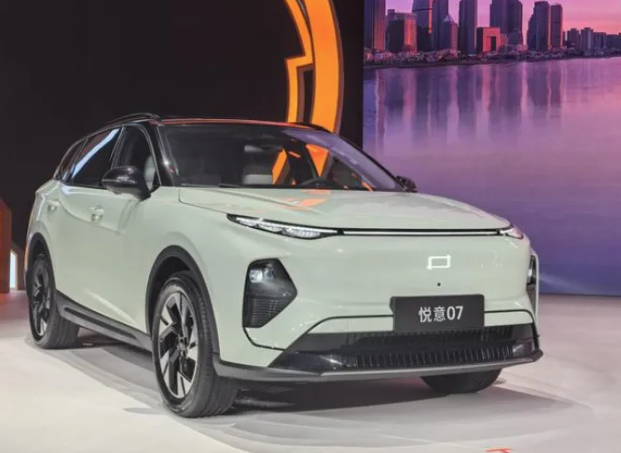
From "Concept-driven" to "Performance-driven": The Shift of Capital Evaluation Criteria towards Full-industry Chain Capabilities
After the new energy vehicle industry shifted from policy-driven to market-led, the evaluation criteria in the capital market have undergone fundamental changes. Instead of being obsessed with "intelligent driving concepts" and "user growth stories", the capital market now places more emphasis on enterprises' full-industry chain capabilities, clear profit paths, and sustainable business models. Profitability has become the core indicator for capital consideration.
Among the new car - making forces, only Li Auto has achieved stable profitability so far. Leapmotor turned a profit in the fourth quarter of 2024, and XPeng's net losses have been continuously narrowing. However, NIO still had a net loss of 12 billion yuan in the first half of 2025, a 16% increase year - on - year, making it the company among "NIO, XPeng, and Li Auto" that has raised the most funds but has the worst profit margin.
NIO's predicament is closely related to its heavy - asset battery swapping model. The construction of battery swapping stations and battery reserves require continuous huge capital investment. Although it can improve the user experience, it constantly erodes profits, leading to doubts about the sustainability of its business model. NIO's case shows that the capital market's tolerance for "burning money for growth" has dropped to zero. Without a clear profit path, even the most appealing "stories" are hard to be recognized.
In contrast, the capital is willing to invest 8.55 billion yuan in FAW Bestune. The core reason is that its institutional reforms and market performance in the past two years have provided "certainty" support.
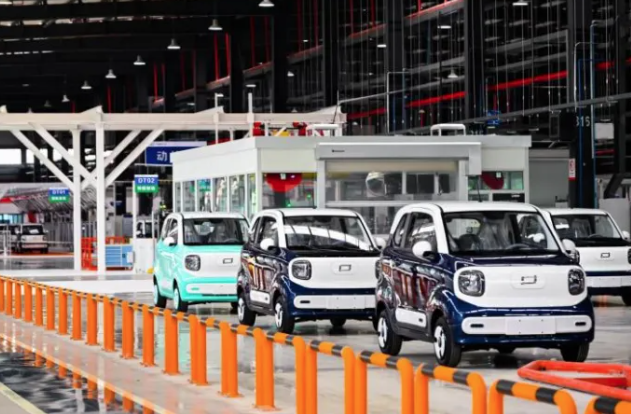
In March 2024, FAW Bestune completed its shareholding system reform. By introducing external market resources and mechanisms, it activated the enterprise's internal driving force. In the same year, its annual vehicle sales reached 151,000 units, hitting the highest level in a decade. Among them, the sales of new - energy products reached 83,000 units, a year - on - year increase of 214%. The penetration rate of new - energy vehicles increased to 55%, initially verifying the effectiveness of the transformation. From January to August 2025, FAW Bestune's growth momentum further accelerated, with vehicle sales reaching 118,000 units, a year - on - year increase of 47.5%.
These series of data indicate that traditional automakers' transformation brands are building a "certainty" advantage recognized by capital through the triple path of "system innovation + technological breakthrough + market verification". If new - force automakers want to break through the financing dilemma, they must shift from "telling stories" to "strengthening internal capabilities" and achieve breakthroughs in core technology R & D, profit - model design, and full - industrial - chain collaboration.
The competition in the new - energy vehicle industry has entered the "deep - water area". The differentiation of capital flow is not only the result of market selection but also an inevitable outcome of industrial upgrading. For new - force automakers, only by abandoning the extensive model of "burning money for market share" and building self - controllable core capabilities can they survive in the "winter" of the capital market. For traditional automakers' transformation brands, how to transform "state - owned capital endorsement" into "market competitiveness" and "financing advantages" into "profit performance" remains a topic that needs continuous exploration in the future.
The new - energy vehicle market has shown remarkable performance, with sales reaching as high as 101,000 units, a year - on - year surge of 233.9%. The market penetration rate has exceeded the 85% mark, and its market ranking has jumped 14 places compared with the same period last year. In terms of product layout, the cumulative sales of the star model, Bestune Pony, have exceeded 119,000 units since its launch a year ago. The twin - star models under the Yueyi series have achieved a delivery volume of over 16,000 units within three months of their launch. Thanks to the product strategy that precisely meets user needs, the virtuous cycle of "funds - technology - market" has been gradually consolidated.
The reason why the transformation brands under traditional automakers have won the favor of capital lies in their deep foundation accumulated in channel expansion, production and manufacturing, and supply - chain management. These advantages are not only the foundation for "industrial collaboration" and "strong - to - strong cooperation" but also the "barriers" that emerging automakers are difficult to imitate and surpass in the short term. Relying on the years of technological accumulation of FAW Group, FAW Bestune can quickly integrate resources, tackle key technological problems, and create a win - win situation with partners. For example, through the digital upgrading of the two bases in Changchun and Yancheng and the construction of innovative technological platforms such as the Super - light Architecture and Xingchi Chassis, FAW Bestune can better absorb Horizon's intelligent technologies and launch products that are both technologically advanced and of high quality. At the same time, by leveraging FAW Group's mature supply - chain network and the bargaining power of large - scale procurement, FAW Bestune has achieved close cooperation with Jiangsu Yueda in the industrial cluster in the Yangtze River Delta region. This not only consolidates the cost advantage but also ensures the consistency and reliability of products, enabling it to stand out in the price war and achieve breakthroughs in quality.
The capital market has expressed firm confidence in FAW Bestune's reform path and development prospects with an actual investment of 8.55 billion yuan. This trust stands in sharp contrast to the emerging automakers still struggling to raise funds, and also foreshadows the future pattern of the new - energy vehicle market: traditional transformation brands and leading enterprises with technological, production - capacity, and market advantages will become the dominant forces, while emerging automakers lacking core competitiveness will be eliminated by the market more quickly.

 English
English Chinese
Chinese







